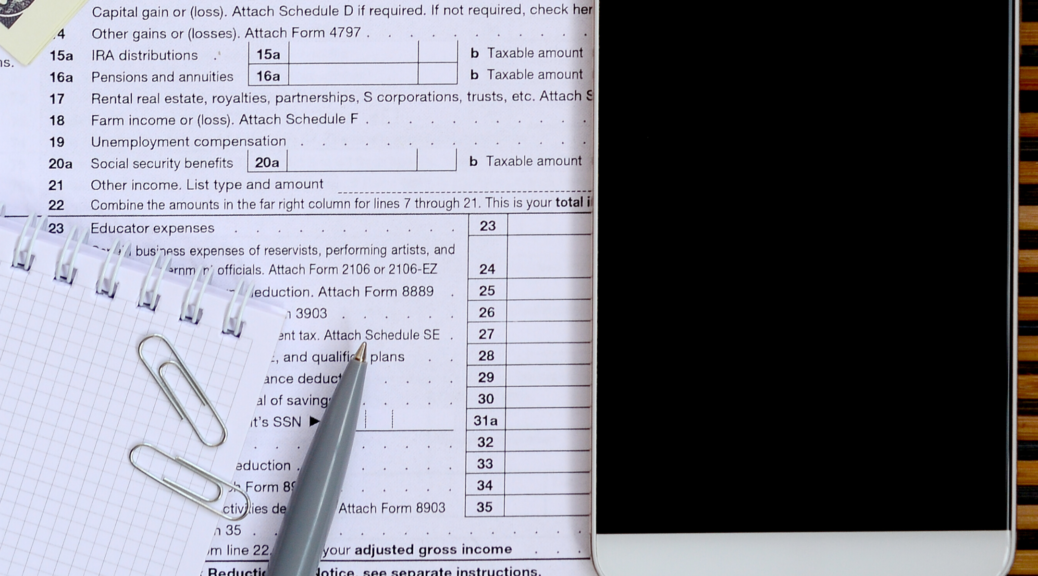It’s November. What comes to mind when you hear November? Holidays and turkey time? At my work, we are thinking about something a little different…tax planning! The tax year 2020 is drawing to a close. That means there’s still a good month left for tax planning. If you own a business, you still have time to make some crucial, time-saving, and money-saving tax planning decisions. The tax year 2020 has held some significant challenges navigating the COVID-19 pandemic. Tax planning is important; especially if your business has been significantly impacted by the pandemic. Contact your tax preparer to discuss some tax planning strategies. Next thing you know, the first quarter 2021 will be happening and it will be time to put that planning to good use.
Take the time to meet with your CPA and go over your books. Here are some tax-planning ideas to get the ball rolling:
- Claim quick disaster loss refunds. Businesses can claim specific losses attributable to a disaster on a prior-year tax return. This is meant to provide quicker refunds. The Trump COVID-19 disaster declaration designated all 50 states, the District of Columbia, and five territories as disaster areas. Almost every U.S. business is in the covered disaster area thus making it eligible for refunds, depending on the losses. A business may claim a COVID-19 related disaster loss occurring in 2020 on a 2019 amended return for a quicker refund. It may affect losses coming from many different circumstances, such as loss of inventory or supplies or office, plant, or store closures. The loss must actually be attributable to or caused by COVID-19.
- Payroll tax deductions. The CARES Act lets employers defer paying their 6.2% share of Social Security taxes for the rest of 2020. Half of it is due by Dec. 31, 2021. The second half is due by Dec. 31, 2022. Payroll taxes cannot be deducted until their share is paid. Some taxpayers may pay the taxes as late as 8½ months into 2021 but still, claim a deduction for 2020.
- Use above-the-line charitable deduction. In the past, there was no tax benefit for giving to charity unless you itemized deductions. The CARES Act, however, created an above-the-line deduction of up to $300 for cash contributions from taxpayers who don’t itemize. In order to take advantage of this provision, donate by 12/31/2020.
- Make up a tax shortfall with increased withholding. COVID-19 caused cash-flow issues for many businesses this year. Your withholding and estimated taxes should align with what you actually expect to pay while you correct the cash flow issue. If you are in danger of being penalized for underpaying taxes, make it up through increased withholding on your salary or bonuses.
- Use low-interest rates and generous exemptions. Interest rates this year are historically low. Plus, lifetime gift and estate tax exemptions can still be utilized. COVID-19 is depressing many asset values but you can still use estate-planning strategies. The present gift and estate tax exemptions are scheduled to expire in a few years.
- Claim AMT refunds. The Tax Cuts and Jobs Act (TCJA) repealed the corporate alternative minimum tax (AMT). Now, corporations may claim all their unused AMT credits in the tax years beginning in 2018, 2019, 2020, and 2021. The Coronavirus Aid, Relief, and Economic Security (CARES) Act allows corporations to claim credits in either 2018 or 2019. Companies have several options to file for quick refunds. They can file a tentative refund claim on Form 1139. It must be filed on 12/31/2020 to claim an AMT credit.
There are a number of tax planning strategies that may be in the best interest of your business. In order to customize your tax planning strategy, we need to meet with you, analyze the data, and discuss. The tax planning process takes some time, so don’t wait until the last minute. Contact us today and consult one of our experienced tax advisors.
A.K. Burton, PC, can assist small business clients with their taxes. We are familiar with the CARES Act and TCJA and can advise our clients on being proactive in their tax planning by the end of the year. Call us at (301) 365-1974 for a consultation. Our office is open! We serve Bethesda, Rockville, and Montgomery County. MD area.
*** You can find more information about TCJA at the IRS website.


